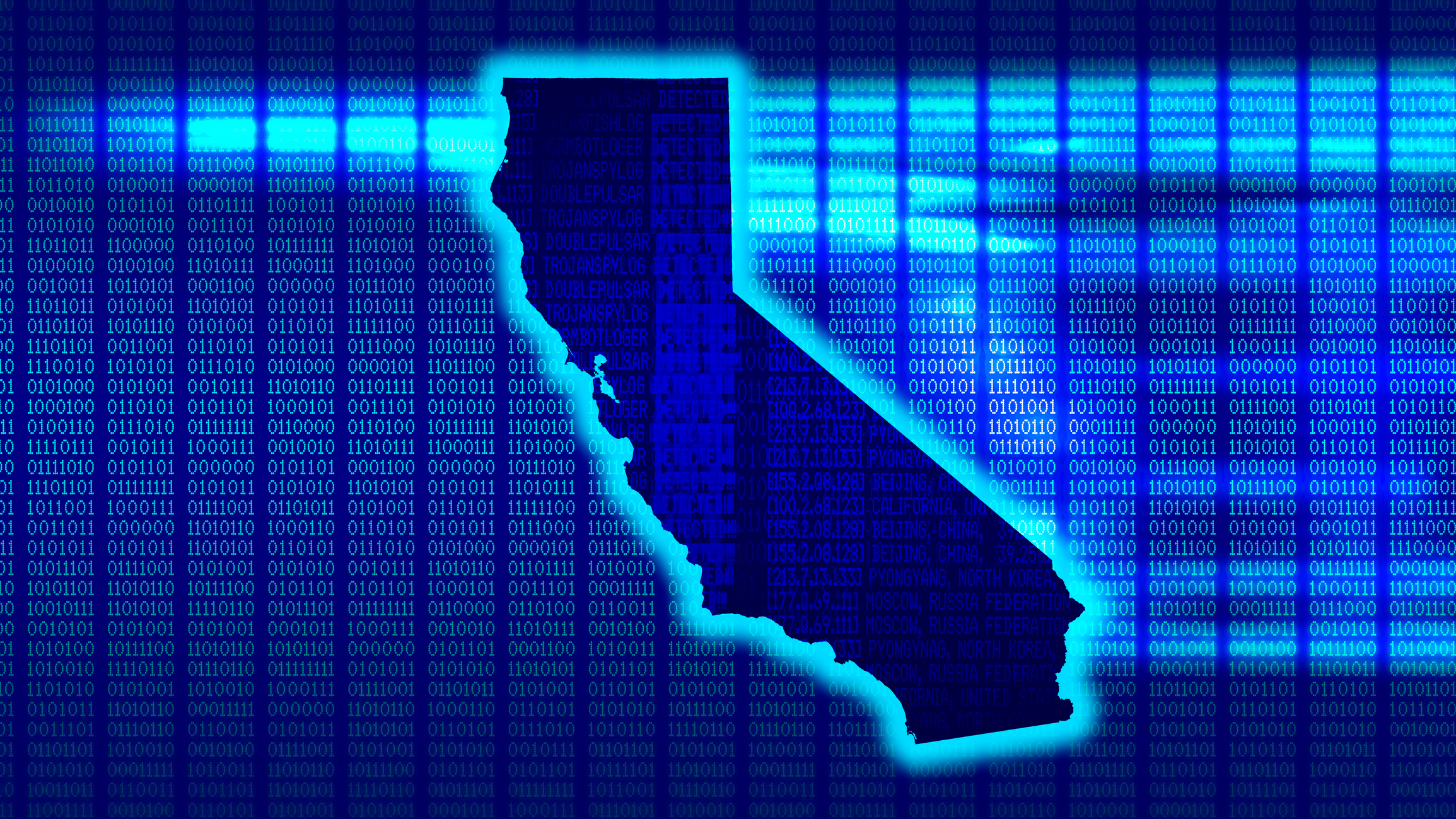California voters’ approval of the California Privacy Rights Act (CPRA), a privacy ballot initiative that amends and expands the California Consumer Privacy Act (CCPA), is a significant development in the U.S. privacy world. In this second installment of our Digital Insights series on the major changes effected by the CPRA, we discuss what qualifies as a regulated "business" under the Act, and what data exemptions exist.
Read more »Data Privacy & Cybersecurity
December 2020
-
 CCPA 2.0 and the Changing Privacy Landscape, Part II: CPRA’s Covered “Businesses” & Exemptions Posted on: December 29, 2020 In: Data Privacy & Cybersecurity
CCPA 2.0 and the Changing Privacy Landscape, Part II: CPRA’s Covered “Businesses” & Exemptions Posted on: December 29, 2020 In: Data Privacy & Cybersecurity
-
 CCPA 2.0 and the Changing Privacy Landscape: CPRA’s Definition and Treatment of “Sensitive Personal Information” Posted on: December 23, 2020 In: Data Privacy & Cybersecurity
CCPA 2.0 and the Changing Privacy Landscape: CPRA’s Definition and Treatment of “Sensitive Personal Information” Posted on: December 23, 2020 In: Data Privacy & CybersecurityOn November 3, 2020, Californians approved Proposition 24, a ballot measure creating the California Privacy Rights Act (CPRA), which amends and expands the provisions and requirements of the California Consumer Privacy Act (CCPA). In this Digital Insights series on the CPRA, we will highlight and detail some of the most substantive and important modifications the new law will impose on the CCPA, and what those changes mean to businesses subject to California’s ever-evolving privacy regime.
Read more »
Blog Search
Featured Posts
- December 06, 2022 Just In Time: Last Minute Compliance Tips for the CPRA and VCDPA
Blog Tags
audit
bank secrecy act
biometric data
blockchain
breach notification
california
canada
ccpa
cisa
client notification
colorado
congress
connecticut
consumer data
consumer notification
consumer rights
coronavirus
covid-19
cpa
cppa
cpra
cryptocurrency
cyberattack
cyber insurance
cybersecurity
cyber threat
cyberwarfare
data breach
data privacy
data protection
data security
email
employment
equifax
eu
european union
executive order
fbi
fcra
federal trade commission
financial fraud kill chain
fincen
fraud
ftc
gdpr
hacking
healthcare
hhsocr
hipaa
holiday season
human resources
identity theft
illinois
incident response
information security
irs
legislation
legislative alert
malware
managed service providers
maryland
massachusetts
microsoft exchange servers
microsoft office 365
multi-factor authentication
multi-factor identification
new jersey
new mexico
new york
ninth circuit
nist
nist security controls
ofac
office for civil rights
opt out
personal data
personal information
phishing
privacy law
privacy protection patchwork
protected health information
ransomware
regulations
russia ukraine conflict
sec
social engineering
social media
statute
strengthening american cybersecurity act
supreme court
tax returns
treasury department
utah
vcdpa
video-teleconferencing
virginia
w2
washington
websites
zoom
 Data Privacy & Cybersecurity Practice
Data Privacy & Cybersecurity Practice